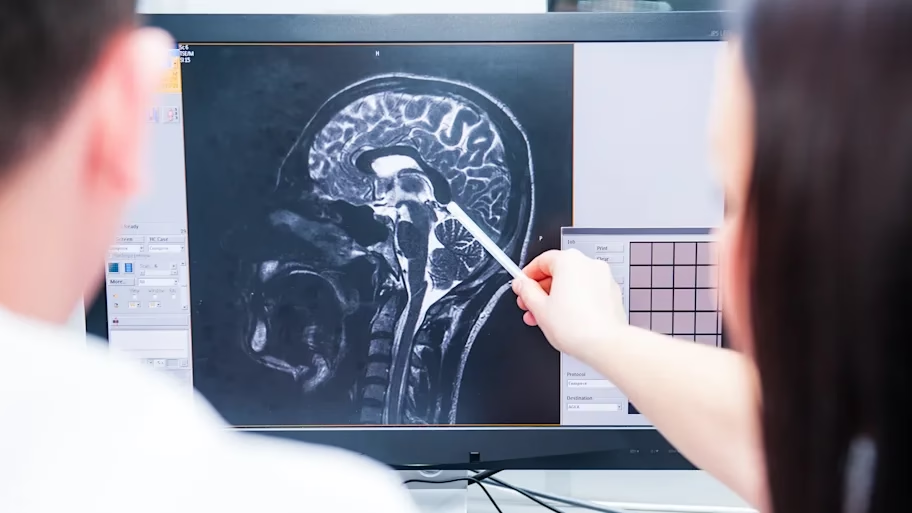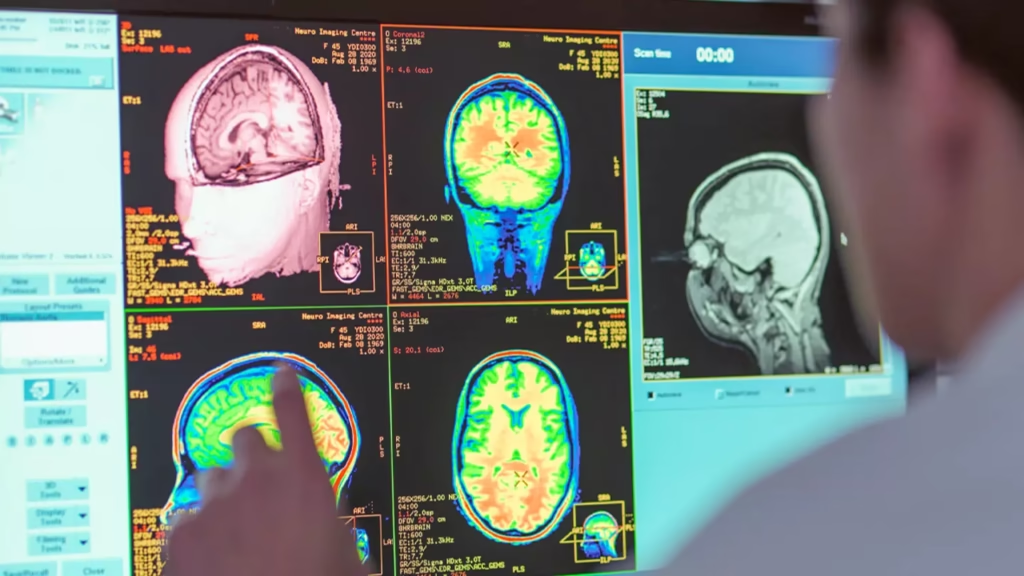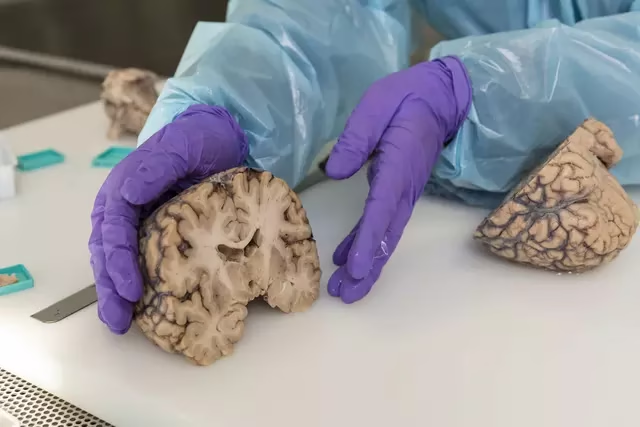What Happens After We Die? Could Our Brains Hold the Key?

The age-old question of what happens after death has fascinated humans for centuries. Religions, philosophers, and scientists alike have all pondered the mystery, offering various theories. Some believe in an afterlife in heaven, while others see death as the end of existence altogether. Yet, what if science could give us a clue about the journey our souls might take after we die?
The Many Theories of Life After Death
Throughout history, humans have developed different ideas about what happens when we die. Many religions propose that our souls ascend to a peaceful place, like heaven or nirvana, unless we’ve led a life of wrongdoings—then we might face punishment. Others believe in reincarnation, where we return to life in a new form. And there are those who think death leads to an eternal void, a complete end to consciousness.
But what if there’s something in our biology that plays a key role in our experience of death? New research suggests that the brain could be involved in creating the experiences we have when we pass on.
The Ancient Greeks and the Ferryman
The mystery of life after die goes way back. In ancient Greek mythology, the souls of the deceased were ferried across the River Styx by Charon, the ferryman, to reach the afterlife. Now, centuries later, some modern scientists might have uncovered a scientific explanation for this journey.

Scientists at Imperial College London have been studying a molecule called DMT (Dimethyltryptamine), and their findings could be groundbreaking. DMT is a naturally occurring compound found in plants, animals, and possibly the human die brain. Although it’s often used recreationally for its intense psychedelic effects, the researchers suggest that it may also play a crucial role in the human experience of death.
DMT: The Brain’s Possible Link to the Afterlife
DMT is known for causing powerful hallucinations, and people who take it often report experiences like meeting strange beings or feeling like they’re entering different worlds. Interestingly, survivors of near-death experiences (NDEs) report strikingly similar visions—visions that seem to blur the line between life and death.
Many people who’ve had NDEs describe vivid experiences, such as seeing deceased loved ones, feeling a sense of peace, or even traveling toward a bright light. One person, an atheist, reported an out-of-body experience where they visited their deceased father while being resuscitated. Another woman, who had been clinically dead for 27 minutes, wrote the words “It’s real” after waking up.
DMT and Near-Death Experiences: Are They Connected?
In light of these reports, researchers hypothesize that DMT could be responsible for the intense visions experienced during near-die situations. The idea is that, just before death, the brain may release DMT, which could explain the vivid hallucinations and profound experiences people report.
David Luke, an associate professor at the University of Greenwich, worked with his team to test this idea. They conducted an experiment with 13 participants, comparing their experiences after being given DMT or a placebo. The results showed a “striking similarity” between near-death experiences and DMT-induced trips.

In 2023, the research team took it a step further by studying the experiences of one individual who had both a near-death experience and a trip on 5-MeO-DMT, a similar compound. This person reported “shared characteristics” like encountering otherworldly realms, meeting benevolent or threatening beings, and experiencing sensations like synesthesia (where senses blend together).
However, some aspects of the near-death experience, such as meeting deceased loved ones or seeing a life review, didn’t appear in the DMT experiment. This suggests that while DMT might play a role in the near-death experience, some elements may be unique to the dying process itself.
What Does This Mean for the Afterlife?
So, what does this all mean for the afterlife? Could DMT be the key that unlocks our transition from life to death? While the research is still ongoing, these findings suggest that our die brains might be preparing us for the afterlife, possibly releasing chemicals that trigger profound experiences as we pass from life to death.
However, one thing is clear: near-death experiences and the potential role of DMT offer a glimpse into the mystery of life after death. Whether these experiences are the result of psychedelics in the brain or something more spiritual, they continue to raise fascinating questions about what happens when we die.

Conclusion: A Glimpse Into the Unknown
The concept of life after die remains an open question, and while science has made strides in understanding the brain’s role in these experiences, much of the mystery still remains. As research continues, we may get closer to understanding whether DMT is the key to the afterlife, or if there’s something even more profound awaiting us after death. Until then, the mystery of life and death continues to captivate us.






